Antivirus software is more essential than ever. As cyber threats grow in complexity and scale, including ransomware, phishing, zero-day exploits, and AI-powered attacks, users need smarter protection.
Antivirus software protects your devices (PCs, phones, tablets) from viruses, malware, and suspicious activities. Whether you’re managing a personal laptop or an antivirus software business, staying updated is crucial.
Today, with a diverse range of operating systems in use, like Linux, Chromebook, and mobile platforms, people are looking for highly compatible solutions, such as antivirus software for Linux, antivirus software for Chromebook, and antivirus software for Samsung.
→ Check Out this Comparison Spreadsheet
Antivirus Software Comparison Table – 2026
Choosing the right antivirus can feel overwhelming, especially with so many options available. To make things easier, here’s a quick side-by-side comparison of the top antivirus software in 2026, covering compatibility, pricing, and standout features. Whether you’re searching for antivirus software for Windows 11, Windows 7, macOS, Linux, Chromebook, iPhone/iOS, Android smartphones, or even Samsung devices, this guide will help you find the right fit.
| Antivirus Software | Compatibility (OS) | Starting Price (per year) | Key Features | Best For |
|---|---|---|---|---|
| TotalAV Desktop | Windows, macOS | $19–$49 (first year) | VPN, junk cleanup, app lock (mobile), system tune-up | Cross-device users (desktop + mobile) |
| TotalAV Mobile | Android, iOS | $19–$39 (first year) | VPN, junk cleanup, app lock (mobile), system tune-up | Cross-device users (desktop + mobile) |
| Bitdefender | Windows, macOS, Android, iOS | $39.99 | Real-time protection, ransomware defense, light on resources | Windows 11 users needing strong security |
| Avira | Windows, macOS, Android, iOS | Free / $26.99+ | Cloud-based detection, built-in VPN, password manager | Users wanting a free yet reliable option |
| iolo System Mechanic (Standard, Pro, Ultimate Defense) | Windows only | $39.95+ | PC optimization, malware protection, privacy tools | Windows users needing performance boost |
| IdentityIQ (w/ Bitdefender) | Windows, macOS, Android, iOS | $29.99+ | Device security + identity theft protection | Users wanting security + ID protection |
| SecureMax | Windows, macOS, Android, iOS | $29.99+ | Antivirus + VPN bundle, ransomware defense | All-in-one security seekers |
| Avast | Windows, macOS, Android, iOS, Chromebook | Free / $39.99+ | Advanced firewall, Wi-Fi inspector, real-time protection | Users who want free or premium options |
| MacKeeper | macOS only | $59.40 | Cleanup utilities, VPN, ad blocker, antivirus | Mac users wanting all-in-one solution |
| Norton 360 | Windows, macOS, Android, iOS, Chromebook | $49.99+ | Real-time protection, VPN, cloud backup, parental controls | Families and multi-device users |
| Kaspersky | Windows, macOS, Android, iOS | $29.99+ | Anti-phishing, parental controls, lightweight malware defense | Budget-friendly security |
| Sophos | Windows, macOS, Android, iOS | Free / $42.00+ | AI-driven threat detection, parental web filtering | Households and small businesses |
| Trend Micro | Windows, macOS, Android, iOS, Chromebook | $39.95+ | Pay Guard for banking, advanced ransomware protection | Online banking & shopping protection |
What is Antivirus Software and How Does It Work?
In a world where digital threats are constantly evolving, antivirus software has become essential for protecting personal and business devices alike. It silently monitors your system, detects suspicious activity, and stops cyber threats before they cause harm.
Whether you’re on Windows 11, Windows 7, Chromebook, or even Samsung devices, antivirus software plays a vital role in keeping your data secure.
→ Check Out this Comparison Spreadsheet
Definition and Purpose
Antivirus software is a program designed to detect, block, and remove malware such as viruses, spyware, trojans, and ransomware. Its main function is to prevent threats from infiltrating your system.
If you’re wondering, “Antivirus software how does it work?”, the answer starts with real-time protection and ends with system-wide scans that ensure your data remains safe.
How Antivirus Software Works Behind the Scenes
When you download a file or visit a site, antivirus software immediately scans it in real-time. Behind the scenes, it uses a combination of:
- Heuristic analysis (to detect unknown threats)
- Cloud-based threat databases (for real-time updates)
- Behavior monitoring (to detect suspicious activity)
This is especially important for modern systems like antivirus software Windows 11 and legacy ones like antivirus software Windows 7. Here’s a visual representation of this process via a flowchart that follows the journey of a file being scanned from start to quarantine.
→ Check Out this Comparison Spreadsheet
Top 12 Best Antivirus Software Options in 2026
With online threats evolving fast, having the right antivirus software is essential. Today’s top solutions offer more than just virus protection they include real-time defense, VPNs, identity theft tools, and more.
Whether you use Windows 11, Linux, a Chromebook, or a Samsung device, this list covers the best antivirus software for all major platforms.
Let’s explore the top picks for this year:
1. TotalAV (Mobile & Desktop)

TotalAV is a versatile antivirus and optimization suite available for both mobile and desktop. It provides real-time protection against malware, phishing, and ransomware, along with system cleanup tools.
TotalAV for Desktop (Windows & Mac)
- Real-time protection against viruses, malware, and ransomware
- System tune-up tools to remove junk files and improve performance
- Includes VPN, password manager, and phishing protection
- Works seamlessly on both Windows and macOS
TotalAV for Mobile (Android & iOS)
- Real-time malware scanning for apps and downloads
- Built-in VPN for safe browsing and Wi-Fi protection
- App lock and anti-theft features for added security
- Device optimization tools to free up space and boost speed
Pros:
- Strong protection across all devices
- VPN, cleanup, and identity security included
- Easy-to-use apps with modern design
Cons:
- Renewal prices are higher after the first year
- Some advanced tools are only in premium plans
Best for: Users who want one security solution that covers both desktop and mobile devices with equal strength.
2. Bitdefender

Known for its excellent performance on Windows 11 systems, Bitdefender offers fast, intelligent threat detection with minimal system slowdown.
Pros:
- Optimized for modern Windows systems
- Advanced real-time and ransomware protection
- Light on system resources
Cons:
- VPN has daily data limits (unless upgraded)
- Extra features can feel overwhelming
Best for: Windows 11 users who want powerful protection
3. Avira

Avira is a lightweight antivirus solution that combines strong malware detection with useful extras like a free VPN and password manager. It’s designed for users who want simple protection without system slowdowns.
Pros:
- Strong protection against viruses and malware
- Comes with free VPN and password manager
- Lightweight and easy to use
Cons:
- Free plan has limited features
- Customer support can be slow
Best for: Budget-conscious users who want reliable protection with bonus tools.
4. iolo System Mechanic (Standard, Pro & Ultimate Defense)
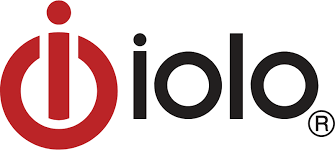
iolo’s System Mechanic family offers a range of PC optimization and security tools. All versions are built to speed up Windows performance, remove junk files, and provide antivirus protection — with Pro and Ultimate Defense adding stronger security and advanced features.
Versions:
- System Mechanic (Standard): Core PC optimization + basic antivirus protection
- System Mechanic Pro: Adds stronger antivirus, advanced repair tools, and file recovery
- System Mechanic Ultimate Defense: Full suite with antivirus, optimization, password manager, privacy tools, and identity protection
Pros:
- Boosts PC speed and stability
- Built-in real-time antivirus protection
- Scales features depending on the version
- Ultimate Defense offers complete all-in-one security
Cons:
- Interface feels dated compared to modern competitors
- Advanced features locked behind Pro and Ultimate Defense
- Higher tiers can be expensive
Best for: Windows users who want performance optimization plus security with options ranging from basic cleanup (Standard) to complete protection (Ultimate Defense).
5. IdentityIQ – Device Security Plan w/ Bitdefender

IdentityIQ pairs identity theft monitoring with Bitdefender’s powerful antivirus to deliver full-spectrum protection for your personal information and devices.
Pros:
- Combines identity theft monitoring with device security
- Real-time antivirus powered by Bitdefender
- Protects against both online threats and fraud
Cons:
- More expensive than standalone antivirus
- May feel complex for users who just want malware protection
Best for: Users who want both identity protection and strong antivirus in a single plan.
6. SecureMax – Antivirus and VPN
SecureMax offers dual protection by combining antivirus defense with a built-in VPN, making it great for users who want security and privacy together.
Pros:
- Antivirus plus VPN in one solution
- Protects privacy while browsing online
- Easy-to-use interface
Cons:
- VPN speed can vary
- Fewer advanced features than premium competitors
Best for: Users who want basic all-in-one antivirus and VPN coverage.
7. Avast

Avast is a popular antivirus that balances strong malware protection with a wide range of extra features, including a free tier for casual users.
Pros:
- Free version available with solid protection
- Includes extras like a password manager and Wi-Fi inspector
- Strong malware detection track record
Cons:
- Past privacy concerns over user data
- Can feel heavy on system resources at times
Best for: Users who want feature-rich protection and don’t mind occasional system impact.
8. MacKeeper – Cleanup & Security Software
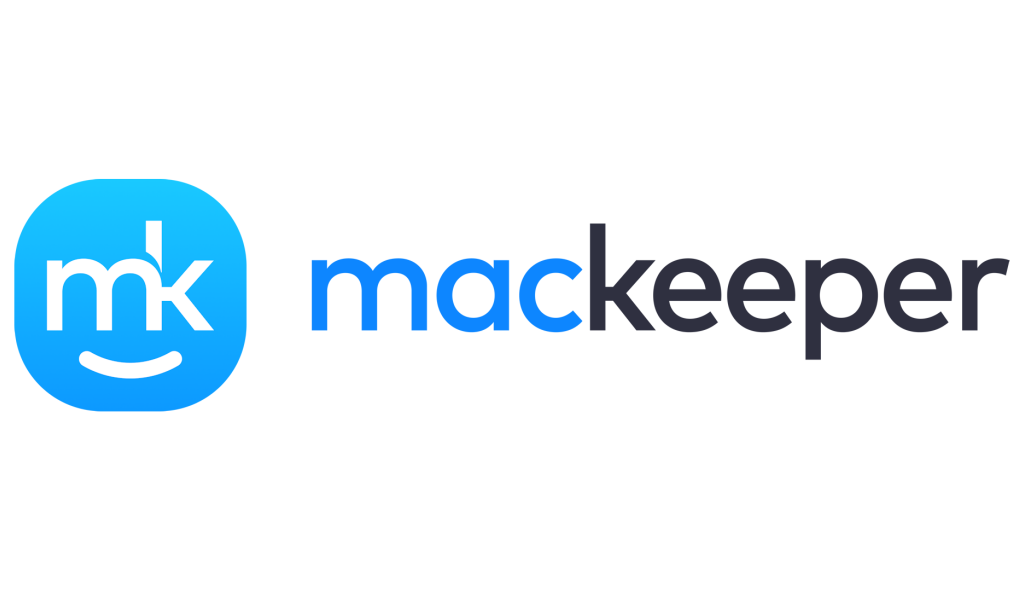
MacKeeper is designed specifically for macOS users, combining cleanup utilities with security tools. It removes junk files, frees up RAM, and includes features like a built-in VPN, ad blocker, and real-time malware protection.
Pros:
- Built exclusively for Mac systems
- Cleans junk files and optimizes performance
- Includes VPN, ad blocker, and real-time antivirus
- Simple, user-friendly interface for macOS users
Cons:
- Can be pricey compared to other Mac utilities
- Some features overlap with macOS’s built-in tools
Best for: Mac users who want an all-in-one tool for cleanup, performance optimization, and security.
9. Norton 360

A premium all-in-one security suite that combines antivirus protection with VPN, password manager, and cloud backup. Ideal for personal and business use.
Pros:
- Comprehensive security tools in one package
- Excellent malware detection rates
- Cloud storage for backup
Cons:
- Higher price compared to others
- Can be heavy on older systems
Best for: All-in-one protection for home users and small businesses
10. Kaspersky
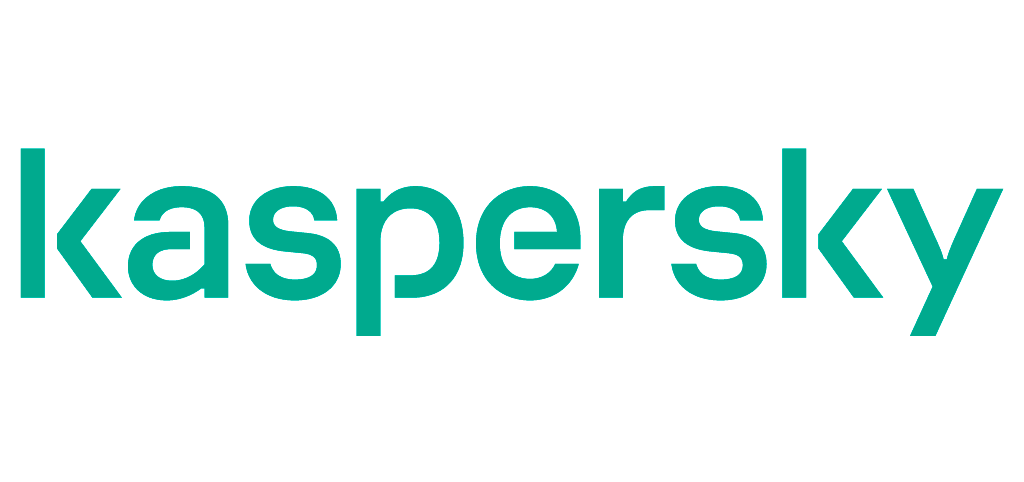
A top-rated security solution with strong business-focused tools like central management and network protection.
Pros:
- Excellent threat detection
- Secure and customizable for businesses
- Clean and easy-to-use dashboard
Cons:
- Public concerns over privacy (not proven)
- Fewer features in the free version
Best for: Small and medium-sized businesses
11. Sophos

Sophos offers enterprise-level security with cloud-based management, making it perfect for tech-savvy users and IT professionals.
Pros:
- Centralized control for multiple devices
- Strong AI-powered malware detection
- Great for remote monitoring
Cons:
- Not beginner-friendly
- Some features are limited to paid versions
Best for: Business owners and cybersecurity professionals
12. Trend Micro
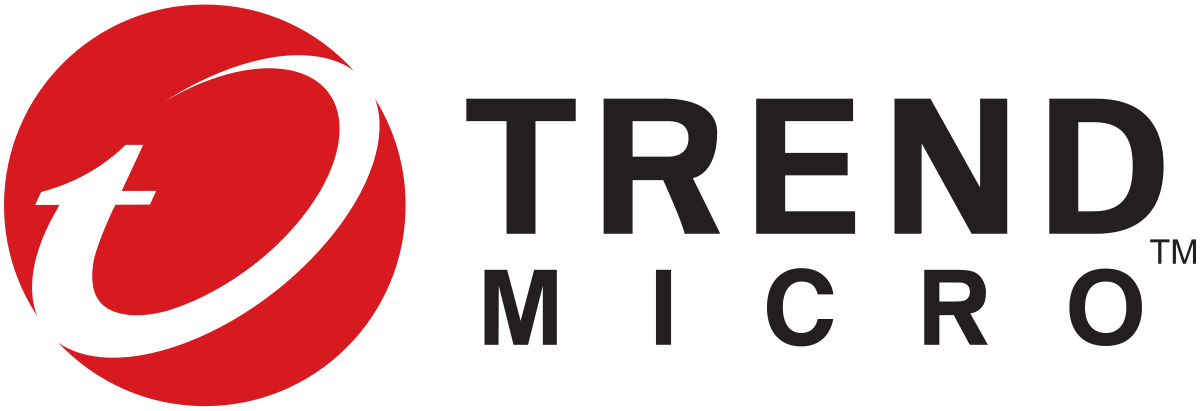
A reliable and budget-friendly antivirus with solid protection and a simple interface.
Pros:
- Affordable pricing
- Real-time ransomware protection
- Easy to use
Cons:
- Slightly higher false-positive rate
- Slower scan speeds on older systems
Best for: Budget-conscious users seeking solid security
Antivirus Compatibility Chart 2025: Find the Right Protection for Your Device
| Antivirus | Win 11 | Win 7 | macOS | Linux | Chromebook | iPhone / iOS | Android | Samsung |
|---|---|---|---|---|---|---|---|---|
| TotalAV (Desktop) | ✅ | ✅ | ✅ | ❌ | ⚠️ | — | — | — |
| TotalAV (Mobile) | — | — | — | — | — | ✅ | ✅ | ✅ |
| Bitdefender | ✅ | ✅ | ✅ | ⚠️ | ❌ | ✅ | ✅ | ✅ |
| Avira | ✅ | ✅ | ✅ | ⚠️ | ❌ | ✅ | ✅ | ✅ |
| iolo System Mechanic | ✅ | ✅ | ✅ | ❌ | ❌ | ❌ | ❌ | ❌ |
| IdentityIQ | ✅ | ✅ | ✅ | ❌ | ❌ | ✅ | ✅ | ✅ |
| SecureMax | ✅ | ✅ | ✅ | ❌ | ❌ | ✅ | ✅ | ✅ |
| Avast | ✅ | ✅ | ✅ | ⚠️ | ❌ | ✅ | ✅ | ⚠️ |
| TotalAV (Mobile) | — | — | — | — | — | ✅ | ✅ | ✅ |
| MacKeeper | ❌ | ❌ | ✅ | ❌ | ❌ | ❌ | ❌ | ❌ |
| Norton 360 | ✅ | ✅ | ✅ | ❌ | ⚠️ | ✅ | ✅ | ✅ |
| Kaspersky | ✅ | ✅ | ✅ | ✅ | ❌ | ✅ | ✅ | ✅ |
| Sophos | ✅ | ✅ | ✅ | ✅ | ⚠️ | ✅ | ✅ | ✅ |
| Trend Micro | ✅ | ✅ | ✅ | ❌ | ❌ | ✅ | ✅ | ✅ |
Choosing the Right Antivirus for Your Device
Choosing antivirus software isn’t a one-size-fits-all decision. Different devices have unique vulnerabilities and usage styles, which means the ideal solution varies. Let’s break it down by platform:
For Windows 11 and Windows 7
The security landscape for Windows users differs significantly between older and newer versions.
- Windows 11 users benefit from more modern architecture, including better built-in defenses. However, that doesn’t mean you should skip third-party protection. The best antivirus software for Windows 11 enhances what Microsoft Defender already offers, such as real-time ransomware detection, identity protection, and a secure VPN.
- On the other hand, Windows 7 is no longer supported by Microsoft. That makes it a prime target for malware. Suppose you’re still using this legacy OS. In that case, investing in antivirus Windows 7 free software is a bare minimum, but ideally, you should look for robust solutions that continue to update virus definitions for outdated systems.
For Linux Users
Many people assume Linux is immune to viruses, but that’s a dangerous myth, especially for business environments.
- While Linux systems are inherently more secure due to permissions and architecture, they can still be vulnerable to rootkits, exploits, and server-based attacks.
- The best antivirus software for Linux is lightweight, open-source compatible, and ideal for email servers, business file sharing, or developer environments.
For Chromebook Users
Chromebooks are designed around a cloud-first approach with built-in protections, but they’re not foolproof.
- Their reliance on Chrome OS and extensions makes them susceptible to phishing and browser-based threats.
- The best antivirus software for Chromebook focuses on network scanning, malicious extension detection, and privacy tools like VPNs.
For Samsung and Android Devices
Your smartphone is a pocket-sized computer, meaning it’s vulnerable too.
- Especially for Android devices, downloading apps from third-party stores can introduce malware, spyware, and even ransomware.
- Look for antivirus software for Samsung that offers anti-theft features, SMS filtering, app privacy checks, and battery optimization.
For Business Owners
If you run a small or large business, your antivirus needs are completely different from personal users.
- You’ll need endpoint protection, central management, multi-user licenses, and even ransomware rollback features.
- Antivirus software for business should include network threat detection and compliance tools.
- Industry-trusted brands like antivirus software Sophos specialize in business-grade cybersecurity, offering scalable solutions for teams.
Common Mistakes to Avoid When Choosing Antivirus Software
Selecting antivirus software may seem straightforward, but many users, especially those on older systems or running Linux, make preventable mistakes. Here’s what to watch out for:
Ignoring Device Compatibility
Not all antivirus programs work across platforms. If you’re on a Chromebook, for example, many traditional AVs won’t run natively. Always ensure you’re choosing verified antivirus software for Chromebook, Linux, or Windows 11 before installing.
Relying Only on Free Tools
Free antivirus solutions like antivirus Windows 7 free might offer basic malware scanning, but lack real-time protection or ransomware defense. It’s a common mistake to assume “free” equals “full protection.”
Overlooking Mobile Protection
Smartphones are now prime targets for phishing and spyware. Don’t forget to install antivirus software for Samsung or other Android devices to stay fully protected on all fronts.
Choosing Consumer Software for Business Use
Running a business? Avoid personal AV tools and instead go for robust antivirus software for business with central management, policy control, and multi-device support. Brands like antivirus software Sophos are designed for professional use.
Not Understanding How Antivirus Software Works
Before buying, it helps to know how antivirus software works, like real-time scanning, automatic quarantine, and cloud detection. That knowledge can prevent you from choosing bloated or outdated
Key Features to Look For in Antivirus Software
When comparing your options, look beyond just basic virus scanning. Here are critical features that good antivirus software should include:
Real-Time Protection
Continuously monitors your system for suspicious behavior, preventing threats before they can execute.
Ransomware Defense
Essential as ransomware attacks grow in frequency. Look for AVs with behavior-based detection and file recovery capabilities.
VPN Inclusion
A growing trend is bundling antivirus with a secure VPN, offering privacy online and added protection on public Wi-Fi.
Cloud Scanning
Advanced antivirus software uses cloud-based scanning to quickly identify threats and reduce the system load.
Do You Need Antivirus Software in 2025?
Some believe that built-in defenses are enough, but is that true?
Common Misconceptions
- Myth: “I don’t need antivirus if I don’t visit shady websites.”
- Truth: Malware can spread via email, apps, and even legitimate websites.
Built-In vs Third-Party Software
- Windows and macOS have built-in tools, but third-party antivirus software typically offers more frequent updates, better customer support, and more advanced features.
FAQs
Have questions about antivirus software? Here are quick answers to the most common concerns users.
Is antivirus software still necessary in 2025?
Absolutely. As malware becomes more sophisticated, even newer systems like Windows 11 or Linux distributions can benefit from third-party antivirus software.
Can I use antivirus software for Chromebooks?
Yes. While Chrome OS is secure, users benefit from browser-based antivirus software for Chromebooks to block phishing, malicious sites, and compromised extensions.
What’s the best antivirus for Linux users?
Lightweight programs like ClamAV or Bitdefender for Linux are highly recommended. Use software specifically built for the Linux kernel.
What antivirus should I use for my Samsung phone?
Look for antivirus software for Samsung that includes mobile-specific tools like anti-theft, app lock, and privacy audit.
Is free antivirus good enough for Windows 7?
Antivirus Windows 7 free options are better than nothing, but with Microsoft ending official support, a paid solution with active updates is strongly advised.
Final Thoughts on Choosing the Right Antivirus Software
In today’s digital world, antivirus software isn’t just optional, it’s essential. Whether you’re running a small business, managing a Linux or Ubuntu system, or just trying to secure your Windows 11, Windows 7, or Chromebook device, the right antivirus software can make all the difference.
From lightweight options like antivirus software for Chromebook and antivirus software for Samsung phones to enterprise-level tools like antivirus software Sophos or Trend Micro, you have more choices than ever before. Understanding how antivirus software works, especially when dealing with legacy systems like Windows 7, can help you make smarter, more cost-effective decisions.
As threats evolve, so should your protection. Free solutions like antivirus Windows 7 free may be fine for casual users, but businesses and power users should consider premium options tailored for security, speed, and compatibility.
No matter your operating system or budget, there’s an antivirus software solution that fits your needs. Stay protected, stay updated, and invest wisely.

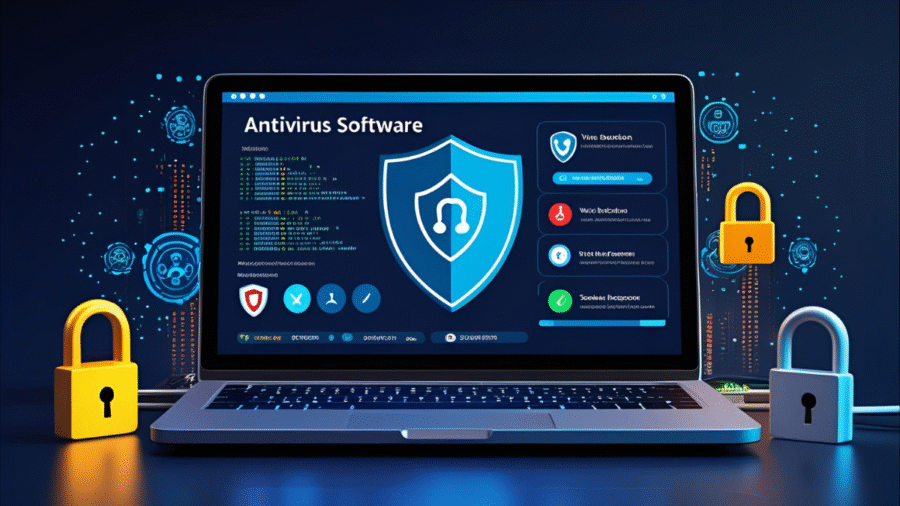
Add a Comment